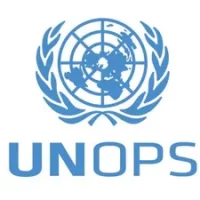
The United Nations Development Programme (UNDP) has specific procurement policies and procedures that are designed to ensure transparency, accountability, and fairness in the procurement process. Some of the key policies and procedures are:
- Competitive Bidding: UNDP procurement is conducted through a competitive bidding process. This means that all eligible bidders are given an equal opportunity to compete for UNDP contracts.
- Ethical Conduct: UNDP expects all parties involved in procurement to act ethically and with integrity. This includes bidders, UNDP staff, and third-party service providers.
- Sustainable Procurement: UNDP aims to procure goods and services that are environmentally sustainable and socially responsible. This includes minimizing waste and reducing the carbon footprint of UNDP activities.
- Quality Control: UNDP requires that all goods and services procured meet the required quality standards. This includes strict monitoring and evaluation of supplier performance.
- Transparency: UNDP is committed to transparency in its procurement processes. All bidders are given access to relevant procurement documents and processes are documented and reported on regularly.
- Local Procurement: UNDP encourages the procurement of goods and services from local suppliers where possible. This helps to support local economies and build local capacity.
- Conflict of Interest: UNDP prohibits staff members from engaging in any activities that may give rise to a conflict of interest. This includes any activities that could influence the procurement process.
